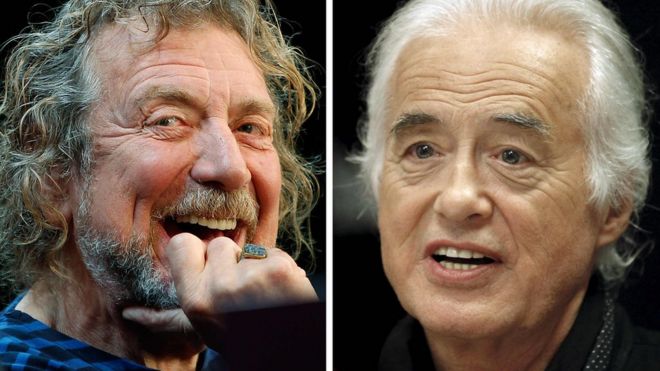Having said that, I would be curious Les, what percentage you think turn away business that the money hungry clients bring?
Hard to know. I used to turn down cases all the time. A case that has no merit does no one any favors, and is a costly waste of time for the losing lawyer (whose clients inevitably refuse to pay for the work because clients are
never happy when they lose). Beyond that, a lawyer who brings a frivolous claim better not do it in Federal courts having exclusive jurisdiction over copyright cases (as explained below).
I frequently had prospective clients come shopping for a lawyer on matters that other lawyers had turned down, so I know that lots of other lawyers were also not in the business of taking on frivolous cases. Why would they want to waste their time?
However, as you say, there are those that will take them out of inexperience, desperation or arrogance.
Interestingly, the last copyright matter I litigated was a claim against a writer and the artist, publisher and major label who released the song. Several parties were named. We (the defense, consisting of several firms) felt that the case was frivolous.
After the other side lost, the Court awarded substantial fees to our side - "loser pays" is standard in copyright and other intellectual property cases - but here's the kicker: the
court held the losing attorney jointly responsible for the judgment along with his clients based on this attorney's misconduct during the litigation of the case, and the fact that it was frivolous. You do not play games in most federal courts.
This judgment was upheld by the 6th Circuit Court of Appeals, and certiorari (the request to appeal further) was denied by the US Supreme Court.
The fact is that the profession holds its attorney members liable for irresponsible conduct. This is often not recognized by people who are critical of lawyers, but other than the medical and dental professions, I am not aware of another business that polices its members this way.
The endless commercials for ambulance chasers don't help either
I agree, they don't help the image, and yet, until 1975 or so, it was illegal for lawyers to advertise for most of the 20th century in most states - because it was felt that it would demean the profession. Doctors and hospitals were also prohibited from advertising, as were prescription drug manufacturers.
Everyone hated lawyers then anyway, so I'm not sure anyone's opinion was really changed.

What happened was that those who wanted to advertise challenged these rulings based on freedom of speech, and courts everywhere agreed that they couldn't uphold these laws.
In fact today it isn't just ambulance chasers who advertise; the big silk stocking firms do, too, they just don't do it on TV. They advertise in Crain's, or Forbes, etc. And of course, doctors and hospitals advertise like crazy.
It's interesting that in the days when Abe Lincoln had a silk stocking firm before he was president (he represented Big Railroading), he advertised.
I liked it better when there was no advertising. I thought it was unprofessional to advertise, even after the ban was lifted, but I probably should have done it like everyone else.



